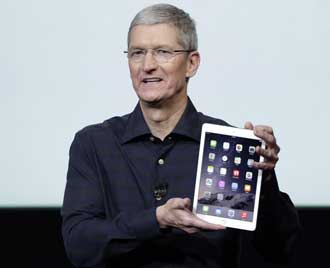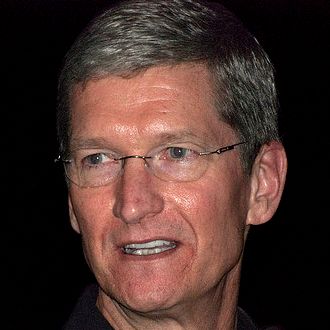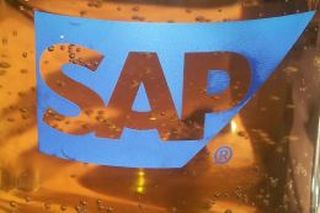 Software giant Microsoft has accused the US government of operating a system of double standards when it comes to snooping on other countries.
Software giant Microsoft has accused the US government of operating a system of double standards when it comes to snooping on other countries.
Microsoft’s executive Vice President and General Counsel, Brad Smith said that by demanding companies hand over customer data stored overseas the US government was operating a double standard that it would not accept from other countries.
Writing in his blog, Smith said: “Imagine this scenario. Officers of the local Stadtpolizei investigating a suspected leak to the press descend on Deutsche Bank headquarters in Frankfurt, Germany. They serve a warrant to seize a bundle of private letters that a New York Times reporter is storing in a safe deposit box at a Deutsche Bank USA branch in Manhattan. The bank complies by ordering the New York branch manager to open the reporter’s box with a master key, rummage through it, and fax the private letters to the Stadtpolizei.”
Microsoft has applied to the US Second Circuit Court of Appeals in its ongoing case challenging a US government search warrant for customer data stored in Ireland. Microsoft filed the appeal after a US district court judge rejected the company’s argument that the warrant is illegal because it calls for the seizure of emails stored outside the United States.
If the situation was reversed the US government would be furious if a foreign government attempted to sidestep international law by demanding that a foreign company with offices in the United States produce the personal communications of an American journalist.
He pointed out that the Secretary of State would fume that he or she was outraged by the decision to bypass existing formal procedures that the European Union and the United States have agreed on for bilateral cooperation.
And then, if the Germans had responded the way the US had done, they would claim that they did not conduct an extraterritorial search – in fact we didn’t search anything at all.
“No German officer ever set foot in the United States. The Stadtpolizei merely ordered a German company to produce its own business records, which were in its own possession, custody, and control. The American reporter’s privacy interests were fully protected, because the Stadtpolizei secured a warrant from a neutral magistrate,” Smith said.
That would not satisfy the Americans because the documents held by the foreign company for safekeeping are private letters, not business records.
“And any attempt to take possession of those letters through a warrant – even one served on the company entrusted with those letters – would constitute a seizure by a foreign government of private information located in another country,” Smith wrote.
As far as the US Government is concerned, your emails become the business records of a cloud provider. Because business records have a lower level of legal protection, the Government claims it can use a different and broader legal authority to reach emails stored anywhere in the world.
 Despite evidence that sales of tablets showed signs of decline in 2014, one market intelligence is bucking the trend by predicting healthy sales in 2015.
Despite evidence that sales of tablets showed signs of decline in 2014, one market intelligence is bucking the trend by predicting healthy sales in 2015.

















